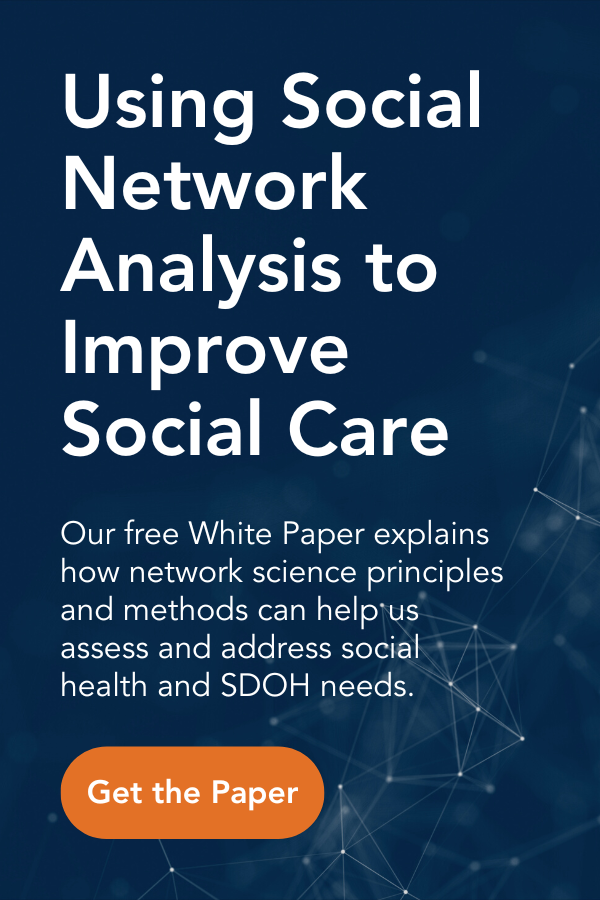Strengthening Social Connectedness Among Young People: A Solution to the Mental Health Crisis?
America is experiencing an epidemic – no, not COVID. It is facing an epidemic of youth mental health issues, which have grown considerably over the past decade. As described by U.S. Surgeon General Vivek Murthy, “Before the pandemic, one in three high school students reported persistent feelings of sadness or hopelessness. That’s a 40% increase from 2009 to 2019. In a similar time frame, suicide rates went up 57% among youth 10 to 24. And we’ve also seen that during the pandemic that rates of anxiety and depression have gone up. So this was a challenge before. The challenge has gotten worse.”
VNL is working to be part of the solution using our unique network research perspective. Our team partnered with the Annie E. Casey Foundation to design a research process to learn about youth support networks from their own perspective. Working with a team of fellows, we’ve already discovered exciting new insights, and our work is just getting started.
The Challenge of Youth Mental Health in America
The impact of social isolation and loneliness has long been recognized in mental health outcomes for children and young people. A recent longitudinal study found that elevated loneliness caused adverse mental health impacts up to nine years after the initial experience. This suggests that episodes of isolation or loneliness during a child’s upbringing can continue to cause them harm into adulthood, and potentially even longer.
This research also indicates that strengthening social connectedness among young people may help improve mental health outcomes, especially related to anxiety and depression. However, there is very little data on youth support networks, especially from the perspective of young people themselves. As part of their commitment to developing a brighter future for millions of children and young people, the Annie E Casey Foundation partnered with us to fund original research and develop tools for measuring and analyzing youth social connectedness and support networks
How do Young People Conceptualize Social Connectedness and Support Networks?
Tasked with this mission, our team had an opportunity to design a unique research methodology. Informed by our previous work doing community participatory research, we decided to recruit a team of young people to conduct research with us and share their perspectives and lived experiences throughout the process. This allowed us to put the opinion and perspective of our target audience at the forefront of our thinking and decision-making. Working with community organizations, we identified a fantastic group of four fellows to partner with our researchers.
Over the past six months, the fellows helped us create an interview guide and conduct peer interviews to learn about the way young people build, leverage, and conceptualize networks. They then utilized the results to help with the creation of a new survey instrument that will enable researchers to further learn about and strengthen social support networks for young people. While only halfway through our project, we have learned a great deal already.
Co-Designing our Research: Our Social Support Research Fellows
From the beginning, our four fellows took ownership of the process, from conducting interviews and coding results to assisting us in crafting a new survey instrument for PARTNERme. Here is a quick introduction to these four exceptional youth leaders:
 Zoe Crocker
Zoe Crocker
Question 1: How did you learn about the Fellowship, and why did you want to participate?
I learned about the Fellowship through my youth group, Orlando Youth Alliance. I was excited to participate because it relates to my academic field of social sciences, and because I had been planning to get into research before the pandemic.
Question 2: Why do you think social support is important to young people?
I think social support is important to young people because it provides a stable, personal guiding compass to help young people to process the massive influx of information they receive daily from Internet articles and social media.
 Martha Gonzalez
Martha Gonzalez
Question 1: How did you learn about the Fellowship, and why did you want to participate?
I heard about this fellowship through Mrs. Ashley at Atlanta Glow, an organization in my area. I wanted to participate because I noticed it included research regarding the impact of social connectedness and how it affects us.
Question 2: Why do you think social support is important to young people?
Social support is so important. It’s your support system. Without this support, it’s difficult to progress in life because you do not have people to depend on when an issue arises.
 Kyra Stoute
Kyra Stoute
Question 1: How did you learn about the Fellowship, and why did you want to participate?
I learned about the fellowship right when Ms. Ashley of Atlanta Glow sent an email about this opportunity. I wanted to participate because the research aligns with what I’m passionate about: social connectedness and the role support systems play in the outcomes for young adults. I loved the idea of working with a team, researching, and improving the lives of young people who lack support systems.
Question 2: Why do you think social support is important to young people?
Social support is important to young people because it’s essential to our development. Social support is necessary whether professional, academic, or emotional. It’s also why social media will continue to be relevant because we crave to engage with others who promote our interests and beliefs because we feel validated.
 Yamilex Cruz
Yamilex Cruz
Question 1: How did you learn about the Fellowship, and why did you want to participate?
I learn about it because my friend Melissa told me, ‘Yami, there is a good opportunity for you, and you can learn more about technology and web development.’
Question 2: Why do you think social support is important to young people?
While Social support is a perception, it actually does provide care and assistance for young people. Social support is good for people because we all need relations, like having friends and family.
What Have our Fellows Learned after a Semester of Research?
Our team identified several significant trends among our early responses. First, young people seem hyper-aware of the strain on their networks caused by the pandemic. Many reported being especially reliant and appreciative of their friends and support network amid the stress of COVID-19. Another relevant finding was the importance of therapy and other formal mental health supports in the lives of young people. Several respondents reported that these resources were supportive, but could be complicated by opposed family or friends who seemed concerned about the stigma and denied there was a need for mental health resources. Finally, there was a repeated emphasis on the importance of trust between young people and their support network, whether the relationship was in-person or virtual. Trust was still key.
What’s Next for our Project in 2022?
As we coded interviews and identified insights, we realized we had stumbled upon something incredibly important; a golden opportunity to learn from the perspective of dozens of young people from all over America. While the project and fellowship were originally set to end in December, we were able to extend it for another semester with the help of our partners at the Annie E. Casey Foundation. This provides time to delve deeper into these answers, and fully explore the insights shared to develop a survey that captures the youth perspective as closely as possible. We are excited to see what we learn together as we continue our research in 2022.
LINKS:
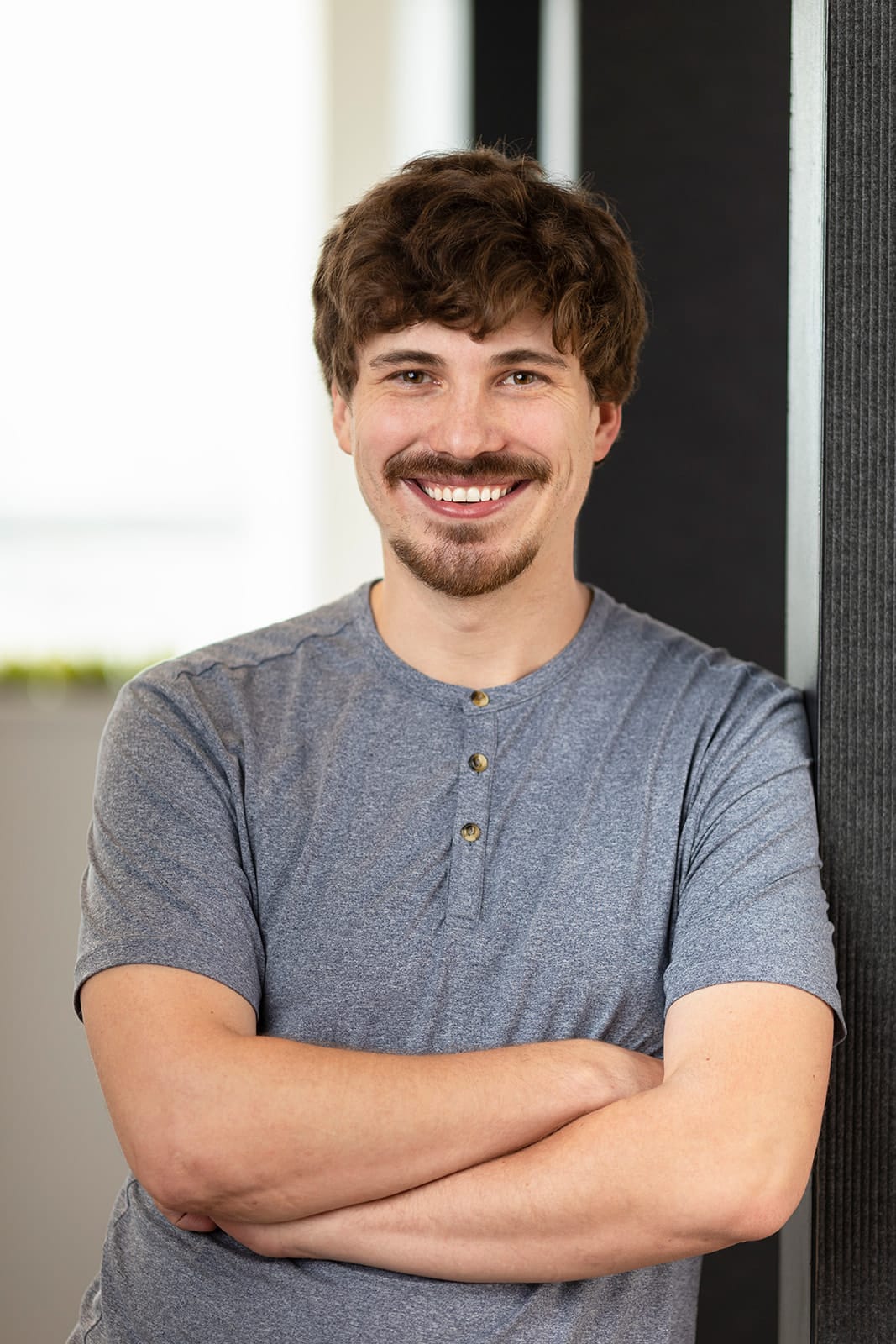
About the Author: Alex Derr, M.P.A.
Director of Marketing & Communications
Alex joined VNL in 2017, originally supporting our events. He now helps manages our communications and marketing strategy and content development work. Alex creates blogs, infographics, reports, and other content while managing our web and social media presence. He also runs our email marketing campaigns, tracks analytics, and conducts market research to drive our strategy. He supports our entire team with copywriting, graphic design and research, and helps with events, webinars, demos, and other online learning. When he isn’t at work Alex spends his time climbing 14ers (30 done, 28 to go!) and blogging on his own website, The Next Summit Blog.
|
|
Thank you for Signing Up |

More Social Care Resources
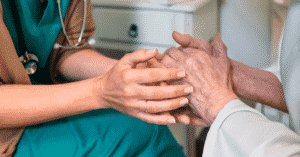
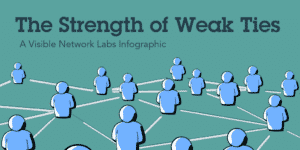

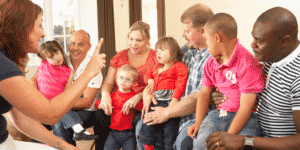
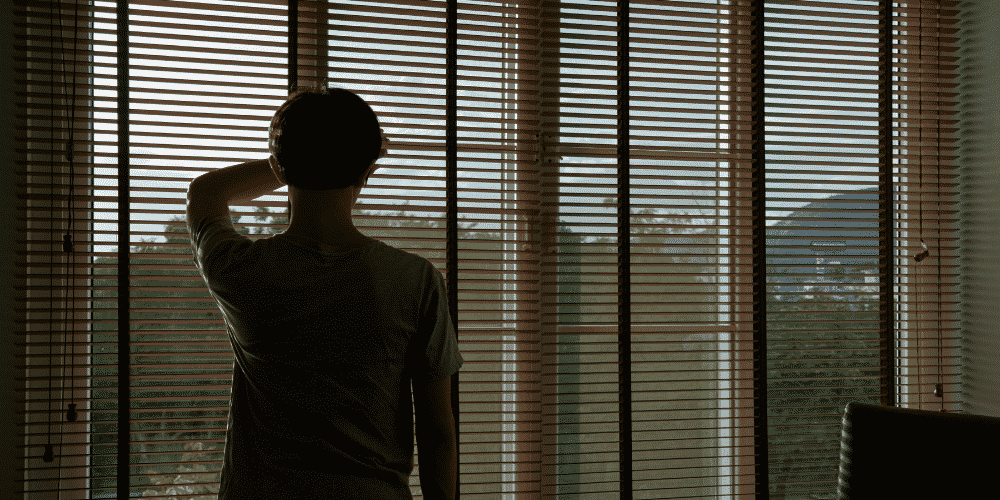
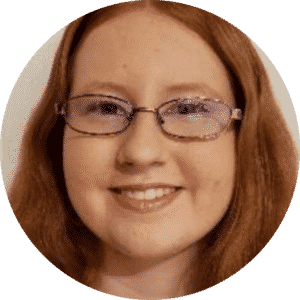 Zoe Crocker
Zoe Crocker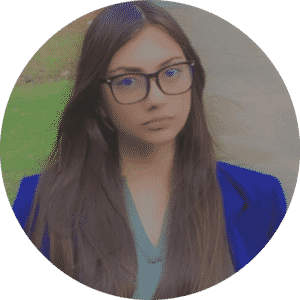 Martha Gonzalez
Martha Gonzalez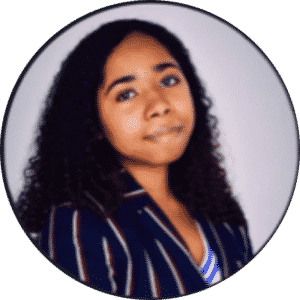 Kyra Stoute
Kyra Stoute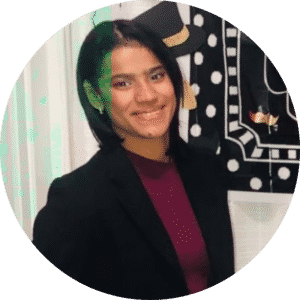 Yamilex Cruz
Yamilex Cruz